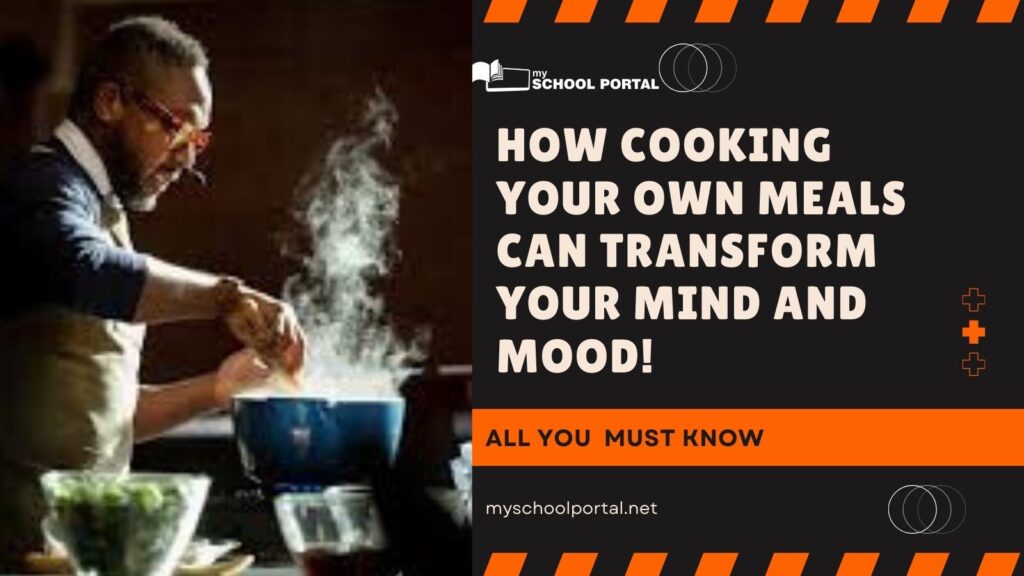Cooking is often praised for its financial and physical health benefits, but did you know it can also significantly impact your mental well-being? Whether you’re a seasoned home chef or someone who avoids the kitchen, cooking has clinically proven advantages for mental health. Here’s how preparing your own meals can transform your mental state and enhance your overall quality of life.
Cooking Supports a Brain-Boosting Diet
What we eat directly impacts our cognitive functioning. A 2014 study linked poor mental health to unhealthy diets, highlighting the importance of eating fresh, whole foods. Diets like the Mediterranean diet, rich in healthy fats, fruits, vegetables, whole grains, and fish, are known to improve memory and neurotransmitter function.
However, access to healthy food can be a challenge for some. Local Community Supported Agriculture (CSA) programs often provide affordable, fresh produce and sometimes offer low-cost options for those in financial hardship.
Cooking Increases Social Connection
Cooking is inherently social. Whether you’re trying out recipes with friends, hosting a dinner, or chatting with vendors at a farmer’s market, food naturally brings people together. Research from 2017 even highlights cooking as a therapeutic activity in group settings, promoting connection and collaboration.
Cooking Boosts Self-Esteem
Successfully preparing a meal, even a simple one, can do wonders for your self-esteem. The act of creating something tangible—and perhaps even delicious—builds confidence, especially during challenging times when self-doubt might be high.
Cooking Helps Build a Routine
Routine is crucial for mental health. In fact, Interpersonal and Social Rhythm Therapy (IPSRT), often used for bipolar disorder, emphasizes structured daily activities to stabilize mood. Cooking can be an integral part of this routine, helping to regulate your internal clock and stress hormones like cortisol.
Cooking Expands Creativity
Cooking is a creative process, and studies show that engaging in creative activities boosts mood and overall well-being. Experimenting with new recipes or improvising with ingredients can be a fun way to spark joy and improve your mental state.
Getting Started
If you’re ready to try cooking but don’t know where to begin, here are some tips:
- Start Small: Reflect on your favorite foods and find simpler versions to prepare at home.
- Take a Class: Cooking classes can be a supportive and interactive way to build confidence.
- Ask for Help: Friends or family members can teach you the basics while providing social connection.
Final Thoughts
Cooking isn’t just about making meals—it’s a way to nurture your mind, body, and soul. With benefits ranging from improved mental clarity to enhanced social connections, it’s a worthwhile skill to cultivate. Don’t let fear or inexperience hold you back; the mental health rewards are well worth the effort.
Related
Stay updated with the latest student resources and insights from My School Portal! Subscribe to our newsletter for fresh content delivered straight to your inbox—no spam, just value 😊














